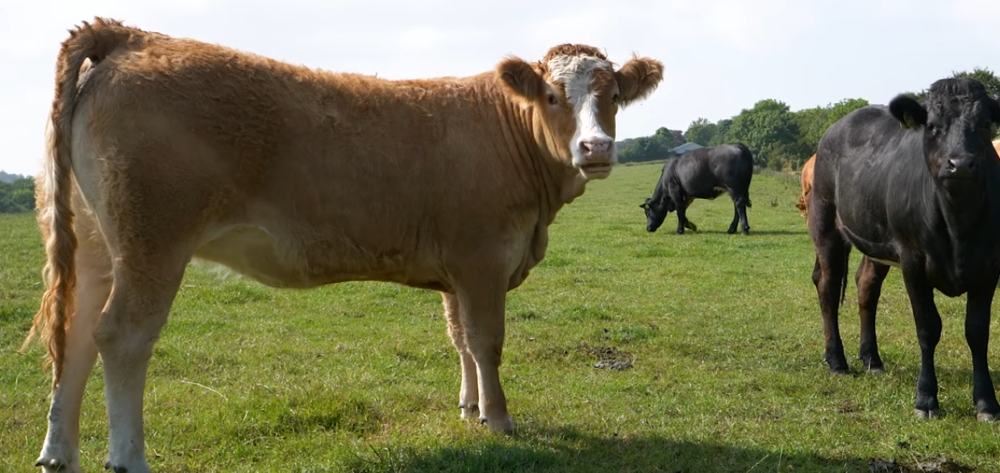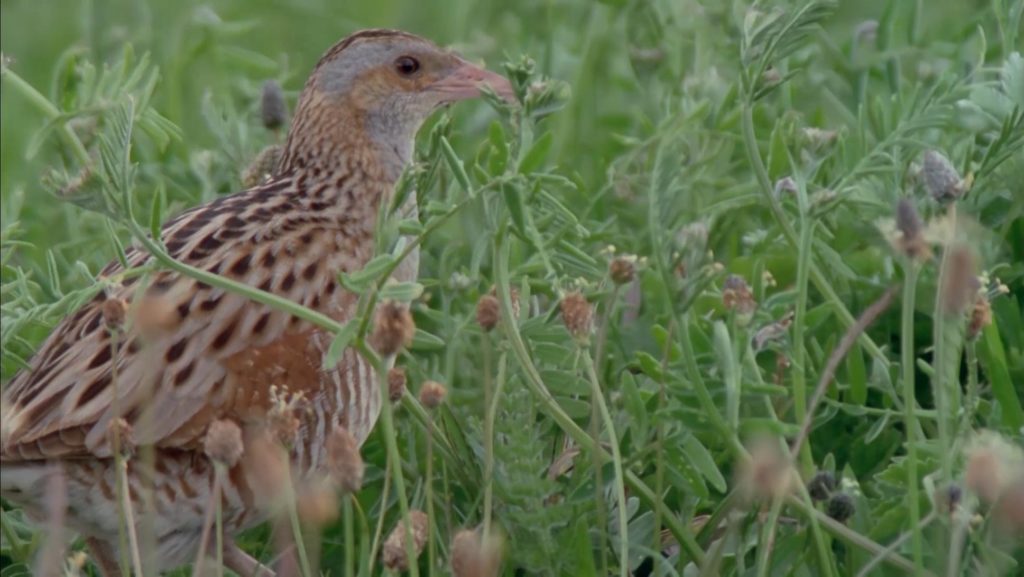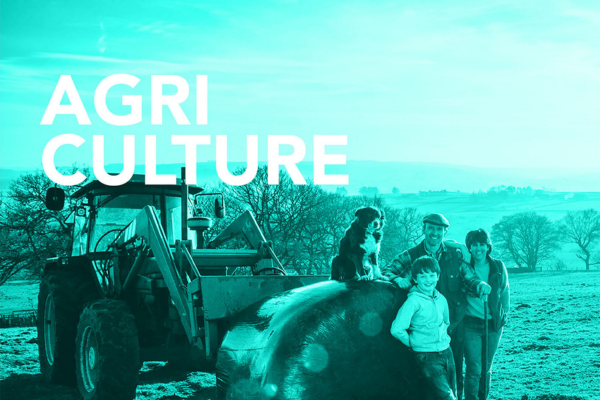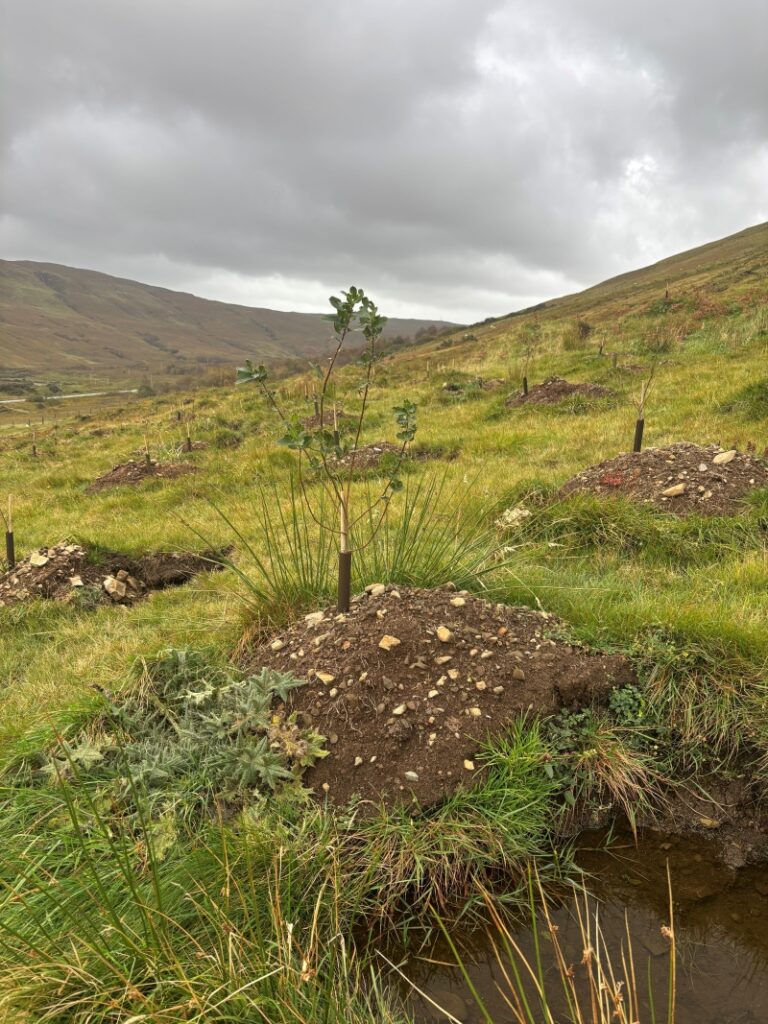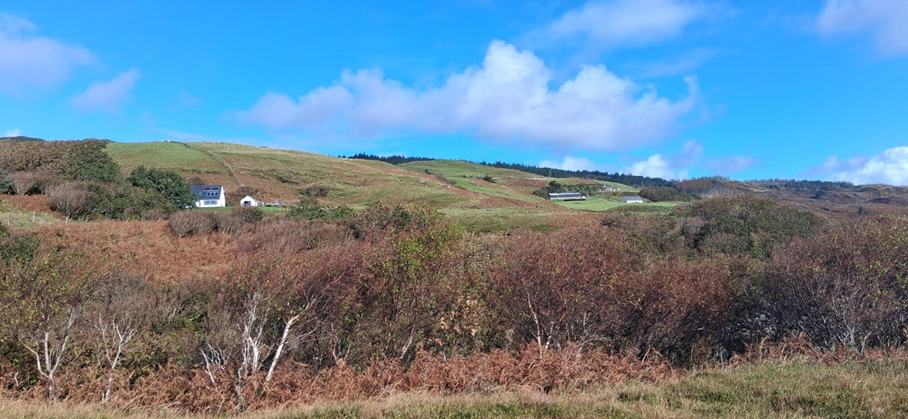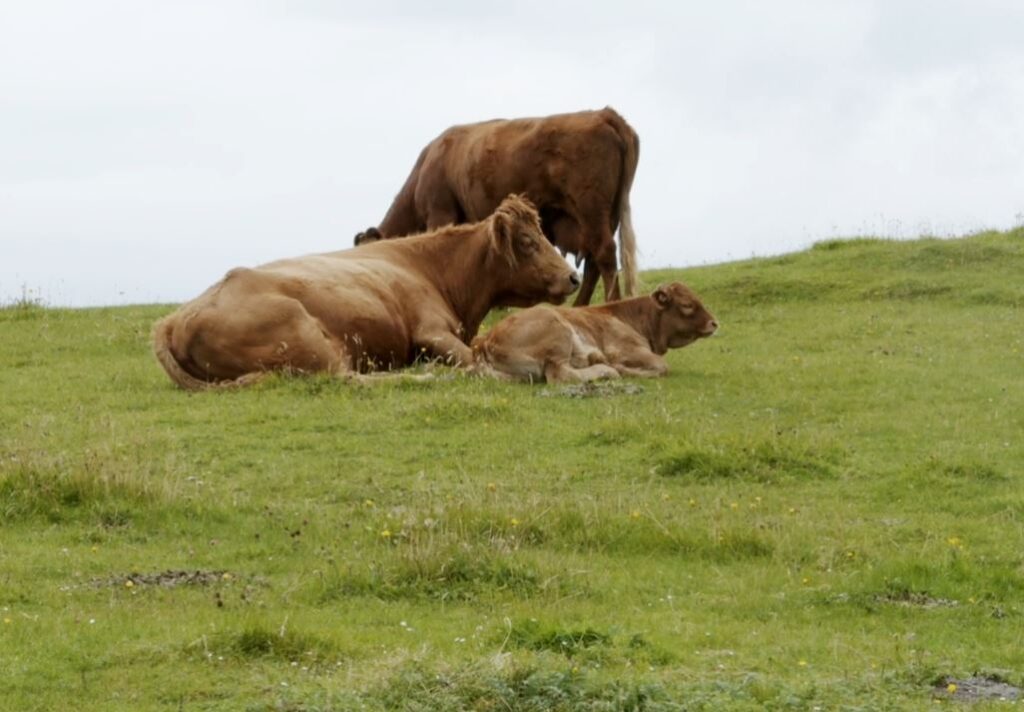Crofts and Small Farms
West Coast Calves – Key Facts and Figures
Calves born and bred on the West Coast of Scotland play a hugely important role in contributing to maintaining Scotland’s critical herd mass. Suckler herds on the Western Isles contribute significantly to biodiversity, where extensive cattle grazing systems provide habits for some of the UK’s rarest species including Pipistrelle bats, dung beetles, Great Yellow Bumblebee…
Managing Corncrake Cover – Get Advice on your Smartphone
In Scotland, particularly in the islands and some mainland areas, corncrakes are an iconic species. Their distinctive “crex-crex” call is woven into the cultural history of crofting and traditional farming landscapes. If you’d like support with helping corncrake, you can request a free virtual consultation with a corncrake advisor through the Corncrake Cover Advice service….
Agri Culture – Barbara McLeod: Cruciferous Croft
You are listening to Agri Culture, a podcast that aims to explore the stories of the people that make up our agricultural industry and culture of farming, in Scotland and beyond. On today’s episode Mary-Jane is joined by Barbara McLeod. Barbara owns and runs Cruciferous Croft in the Lochinver area of North West Scotland. She…
FAS Woodland Tool Helps Skye Crofter Plant 45,000 Trees
This case study highlights how crofters can benefit from the free FAS woodland tool to explore woodland establishment and management options on their croft. The case study explores Mr MacAskills experience using the woodland tool. Click Here for the Woodland Tool About the Croft Located in Drynoch on the Isle of Skye, Alasdair’s 1200ha croft…
Croft Case Study – Woodland Advice
This case study highlights how crofters can make use of the free FAS woodland tool to identify opportunities and utilisation for woodland on their land. The case study explores the MacGillivray’s experience using the FAS woodland tool. Click Here for the Woodland Tool ”I don’t think any of us appreciated the special nature of the…
Crofting Matters – Croft Diversification: New Enterprises in Uist
Thinking of diversification projects on the croft? Hear from two entrepreneurs who have set up shops, campsites and tours in Uist, and are managing to bring in tourists and have a healthy footfall. They discuss the issues with funding on croftland, ferries, finishing animals, abattoirs, Instagram posts, Scottish Agritourism, and Enterprise agency support. Anne MacLellan…
Calving Intervals and Small Herds
Calving Intervals are one of many Key Performance Indicators (KPIs) that can be used in any suckler herd to assess how a herd is performing. Although some consideration is needed when applying these to small herds (see Performance Targets for Small Herds). Calving Intervals now have implications for support payments for all herd sizes. This…
Crofting Matters – Changes to Improve Welfare of Lambs
A game changer for sheep on hill grazings? It’s very tricky to castrate and tail lambs within 7 days unless lambs are born inbye. Could two new techniques, that allow castration and tailing up to 3 months of age, not only reduce pain levels in lambs, but allow better and easier management on commons and…
Crofting Agricultural Grant Scheme (CAGS)
Crofting Agricultural Grant Scheme (CAGS) If you’re a tenant, owner-occupier crofter, or sub-tenant crofter, you can make use of the Crofting Agricultural Grant Scheme (CAGS) to access grants. These grants can help you with the cost of a number of different operations you might be doing on the croft. It can help you: Reduce production…
Milk Fever in Suckler cows on Machair Land
Hypocalcaemia, also known as milk fever, is typically not an issue in suckler cows, although experience shows that the conditions on the Uists are just right to be an exception to this rule. Grass and whole crop silages grown on the shell sand rich machair soils result in very unusual mineral contents in locally grown…

